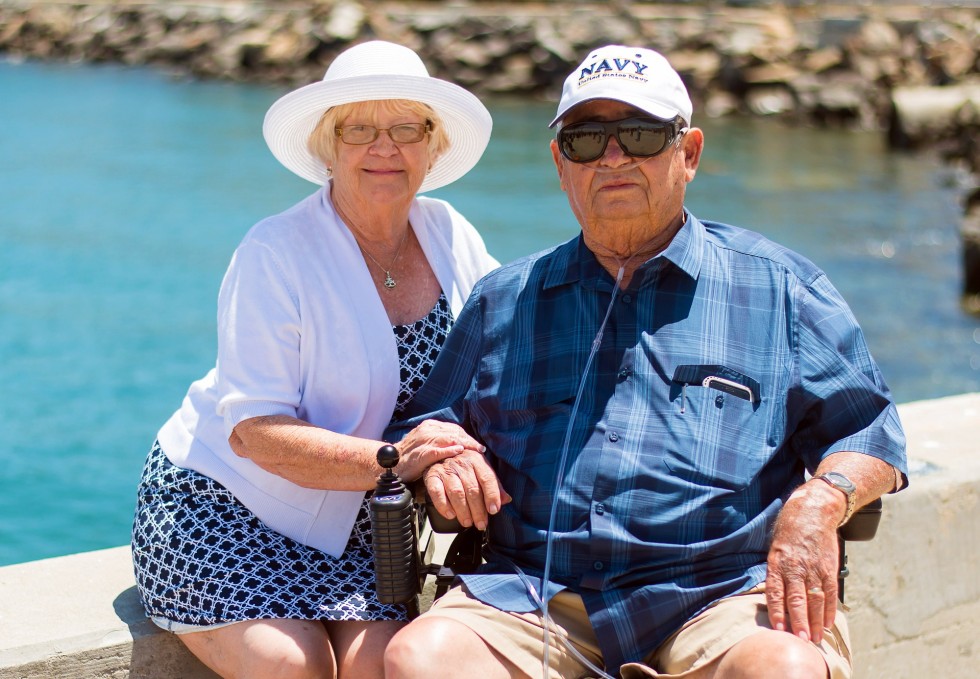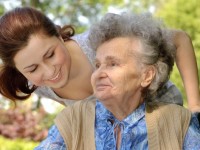When an elderly person or someone who gets seriously ill finds themselves in need of caregiving, family members are the first to respond. Some of them can continue to look after their relatives for quite a long time, even for years. At the same time, many people find this mission too stressful, boring, or emotionally draining. They simply give up with the sense of guilt for not having done enough for their loved ones. However, they should not be too harsh on themselves. Caregiving is not something that suits everyone. It requires a set of specific qualities that you will not acquire in any training course. We have summarized the most important characteristics of a good caregiver and present them below.
1. Empathy
Good caregivers should not only feel sympathy for their patient. They must also try to put themselves in the other person’s place and understand what exactly he or she feels in this difficult period of their life. When a caregiver succeeds in doing that, it helps them interact and speak with their patient in the most appropriate way. The patient must know that they will get help in any situation.
2. Patience
With years, people’s reflexes tend to get slower. Even a simple task may take seniors much more time than a younger person needs. They can also be plagued by diseases that negatively reflect on their mental capabilities. In addition, a patient may turn out to be stubborn or refuse to cooperate. Therefore, it is essential for someone who undertakes the task of caring for the elderly or the sick to be extremely patient.
3. Emotional stability of a good caregiver
Giving care to seniors or people suffering from serious diseases can be very stressful. A caregiver may have established a close relationship with their patient who is dying. That requires a lot of emotional effort from the caregiver to carry on with their duties regardless of the pain they are going through.

4. Intuition
There are various factors that determine the circumstances a caregiver has to deal with, such as physical or psychological condition of their patients. A good caregiver must intuitively understand the person they are in charge of. Sometimes, a senior may be simply reluctant to take a walk, giving any kind of excuse. The same patient, however, can be really in pain or feel too exhausted to get up. Efficient caregivers must be able to tell what is really happening.
5. Responsibility and reliability
A good caregiver must be responsible and reliable. They can face a whole number of problems while looking after their patients. There is no manual or instructions on dealing with each and every issue, and there is no one to consult. Efficient caregivers always find a solution instead of giving excuses and trying to shift blame onto others. They understand that the person in their care entirely depends on them.
6. Good communication skills
What is also important for a caregiver is to be able to communicate effectively both with their patients and with their relatives. When a caregiver can clearly explain what the patient needs, it builds trust and understanding between the parties.

7. Flexibility
The job as a caregiver is rarely nine to five. Caregivers must be well prepared for ever changing circumstances and react to them appropriately. Being rigid is not an option.
8. Attention
Another important quality is attention. A caregiver must constantly monitor the wants and needs of their patients and be agile in satisfying them. Sometimes, the patient may not even know that they need urgent help. Only a good caregiver can identify such situations and respond to them in a timely manner.
A good caregiver is someone who has made helping other people their life priority. It is not someone who does the job for the sake of the job. The qualities listed above are essential for an efficient caregiver. While professional caregivers also have formal training and instruction, without patience, flexibility, emotional stability, and other crucial traits they will hardly be able to cope with the mission of giving care to those who need it the most.





